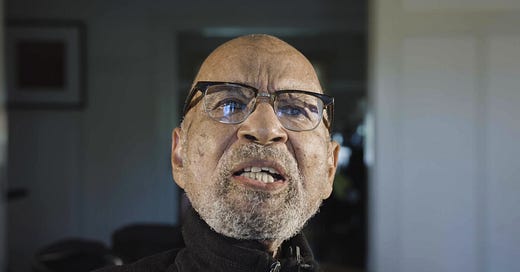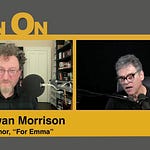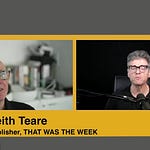Few Americans of any color or creed have had a legal career as historically rich or significant as Thelton Henderson. One of the earliest African-American graduates of Boult law school at UC Berkeley, Henderson was the first black attorney for the civil rights division of the US Department of Justice, going down to Mississippi in 1963 where he become familiar with MLK and many other civil rights leaders. He later became a Federal judge where he pioneered historic legal decisions regarding racial, environmental and gay rights. So it was a real honor for me to have the opportunity to sit down with Henderson at his Berkeley home to talk about his childhood, his memories of the Sixties and why, in his view, the success of the civil rights movement was as dependent on radicals like Malcolm X and Stokely Carmichael as it was on MLK and other moderates. And then, of course, there is Henderson’s own relationship with America which, like so many African-Americans, is tangled and frayed. No, he confessed, he won’t be celebrating raucously in 2026 on the 250th birthday of the American Republic. Especially if, as Henderson fears, a certain Donald J Trump, who he likens to Hitler, is once again President.
Judge Thelton E. Henderson is a world-renowned federal judge whose commitment to advancing civil rights spans six decades and three continents. He was the first African American lawyer assigned to field service in the U.S. Department of Justice (DOJ) Civil Rights Division, where he worked alongside Dr. Martin Luther King, Jr. As the second African American federal judge in the Northern District of California and its first African American chief judge, he authored groundbreaking civil rights decisions. Born in Louisiana, Judge Henderson left the Jim Crow South with his mother and grandmother for Los Angeles. He excelled academically and athletically, becoming one of the first African Americans to earn a football scholarship to UC Berkeley. After serving in the Army, he returned as one of two African Americans at Berkeley Law. He graduated in 1962 and joined the DOJ. At the height of the Civil Rights movement, Judge Henderson was posted in the Deep South to gather information on voter suppression and monitor opposition to Dr. King’s peaceful demonstrations. After Henderson loaned Dr. King his rental car for a Selma rally, Alabama Governor George Wallace inaccurately told the press that a “high ranking” DOJ official had driven Dr. King to Selma. Rather than worsen a public relations problem for the Kennedy Administration, Henderson resigned. Returning to California, Judge Henderson helped establish, and directed, one of the first federally funded legal aid offices in the U.S. He was appointed Assistant Dean of Stanford Law School and launched its pioneering minority admissions program, which was replicated nationwide. In 1980, Judge Henderson was appointed to the U.S. District Court of the Northern District of California. His courageous decisions included declaring prison overcrowding unconstitutional; placing the California prison system under monitoring to prevent cruel and unusual punishment; ruling for the first time in U.S. history that gays and lesbians are entitled to equal protection; declaring unconstitutional a law that eliminated affirmative action; and upholding environmental protections. He has advocated for civil rights globally, helping develop strategies to end apartheid. After retiring from the court in 2017, Henderson taught at Berkeley Law, where the Thelton E. Henderson Center for Social Justice advances his vision for a better world. Among his many awards are the American Bar Association’s Thurgood Marshall Award, the California State Bar Bernard Witkin Medal and UC Berkeley’s 2008 Alumnus of the Year Award. At over 90 years strong, Judge Henderson remains a beacon for democracy, liberty and equality.
Named as one of the "100 most connected men" by GQ magazine, Andrew Keen is amongst the world's best known broadcasters and commentators. In addition to presenting KEEN ON, he is the host of the long-running How To Fix Democracy show. He is also the author of four prescient books about digital technology: CULT OF THE AMATEUR, DIGITAL VERTIGO, THE INTERNET IS NOT THE ANSWER and HOW TO FIX THE FUTURE. Andrew lives in San Francisco, is married to Cassandra Knight, Google's VP of Litigation & Discovery, and has two grown children.













Share this post